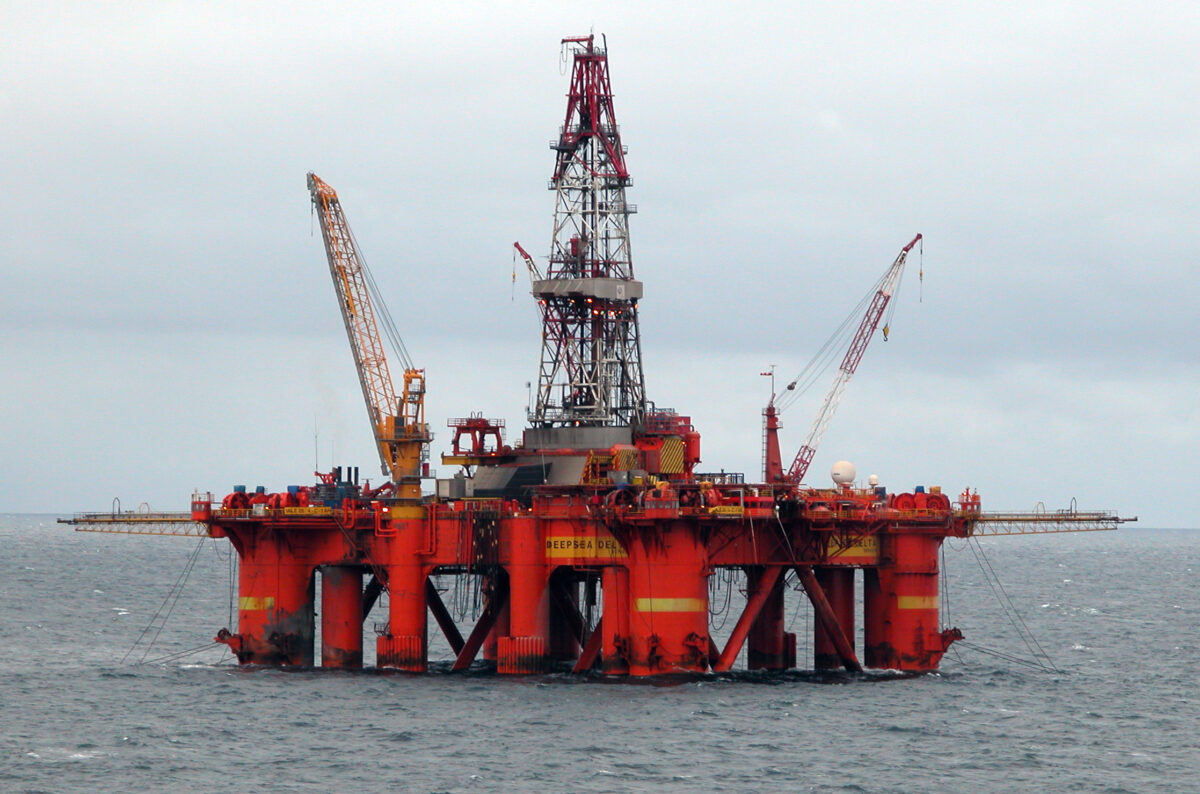A new study published by Greenpeace found widespread use of misleading numbers and strategies in reporting on emissions and climate impacts among 12 of the largest oil companies with headquarters in Europe.
The study, titled Dirty Dozen: The climate greenwashing of 12 European Oil Companies, looks into financial statements published by six of the world’s largest oil companies – Shell, TotalEnergies, BP, Equinor, Eni, Repsol, and another six smaller players that still play a major role in the energy supply of their respective European markets – OMV, PKN Orlen, MOL Group, Wintershall Dea, Petrol Group, Ina Croatia.
These companies have enjoyed huge revenues over the past year, with their 2022 profits increasing by an average of 75% over the previous year. Despite this, new investments made by the companies increased on average by just over half that amount – 37%. And 92.7% of these investments were made in the continued extraction of fossil oil and gas.
This comes in spite of the common claim among large fossil fuel companies that higher profits are necessary to provide the means to finance a transition to renewable energy, which Greenpeace describes as “like eating more to have the energy for the diet.”
All 12 of the companies in the studies produced at least 98% of their energy in 2022 from fossil fuels, with an average of just 0.3% from renewable sources. And those which are making any investment in “low carbon” technologies are focused on offsetting and carbon capture – two strategies whose effectiveness in reducing emissions is in serious doubt.
No net zero
The study also finds that while most of the companies involved have made a public commitment to reach net zero emissions by 2050, none has anything resembling a coherent strategy in place to achieve this.
“…no major oil company can show a comprehensible plan for a “net zero” in 2050. There is, if at all, a slow start in the 2020s, which is then miraculously supposed to lead to a rapid transformation after 2030. In other words, the solution to the climate problem is postponed to the future or to the next CEO,” the report stated.
Popular content
The report also noted a range of strategies used by some of the 12 companies that seem designed to mislead the public over their commitment to emissions reduction. From creative definitions of what constitutes “low carbon” for investment, to simply misleading visual layouts – such as Shell placing “conventional fuels” in fourth place on a list of its energy portfolio, despite these accounting for more than 90% of its energy production.
Comprehensive strategy
Greenpeace calls for various measures to be put in place to change this situation, placing efforts to reduce demand for fossil fuels at the center of its proposal. “Similar to the coal sector, the focus should therefore be on a rapid economic and political downsizing of the oil and gas sector, on skimming profits, avoiding stranded assets and, above all, on a rapid reduction of oil and gas demand,” they state.
The report calls for a comprehensive demand reduction strategy to be put in place at EU level, including a ban on short distance flights and promotion of zero-carbon fuels in long distance aviation, noting that “The benefits of these new fuels must be independently confirmed in a life-cycle approach in order to exclude, for example, the use of biofuels, which can cause high climate damage along their production chain.”
Other industries earmarked for action include marine shipping – which also requires support for alternative clean fuels, and the petrochemical industry which should see restrictions on per capita consumption of plastic materials.
Greenpeace also states that, in combination with demand reduction, these measures can be accompanied supply side measures such as windfall tax on profits, a ranking of the most environmentally damaging fossil fuel supply chains, and a stop on exploration of new oil projects across EU territories and the North Sea.
Further, the report calls for increased regulations on international oil companies, including a general ban on advertising and much tighter reporting definitions to address greenwashing in public statements.
This content is protected by copyright and may not be reused. If you want to cooperate with us and would like to reuse some of our content, please contact: editors@pv-magazine.com.



Greenpeace’s report sheds light on fossil fuel companies’ practices. The analysis reveals an opportunity for positive change, urging transparency and genuine commitment to the energy transition.